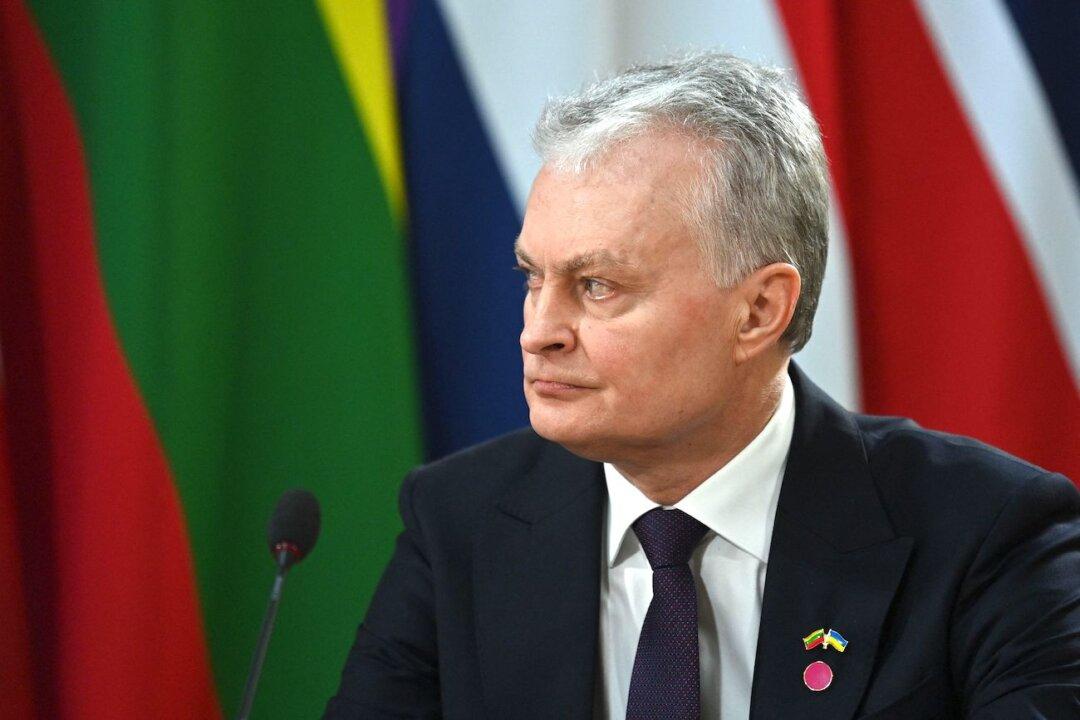Lithuania has stopped all Russian gas imports, becoming the first country in the European Union to do so.
The country’s gas transmission system has been operating without Russian imports since the start of the month, the Lithuanian Energy Ministry stated on April 2.




